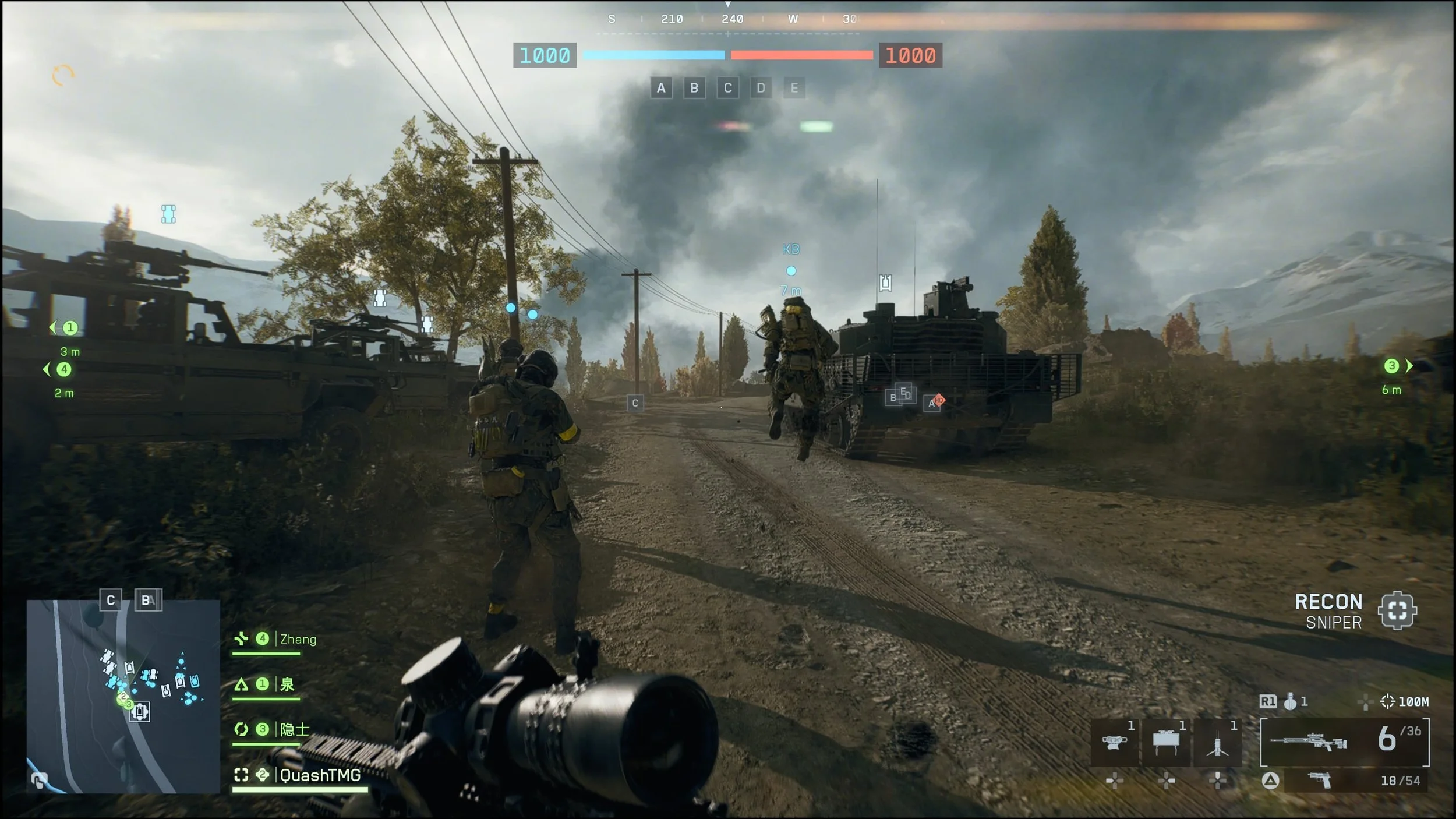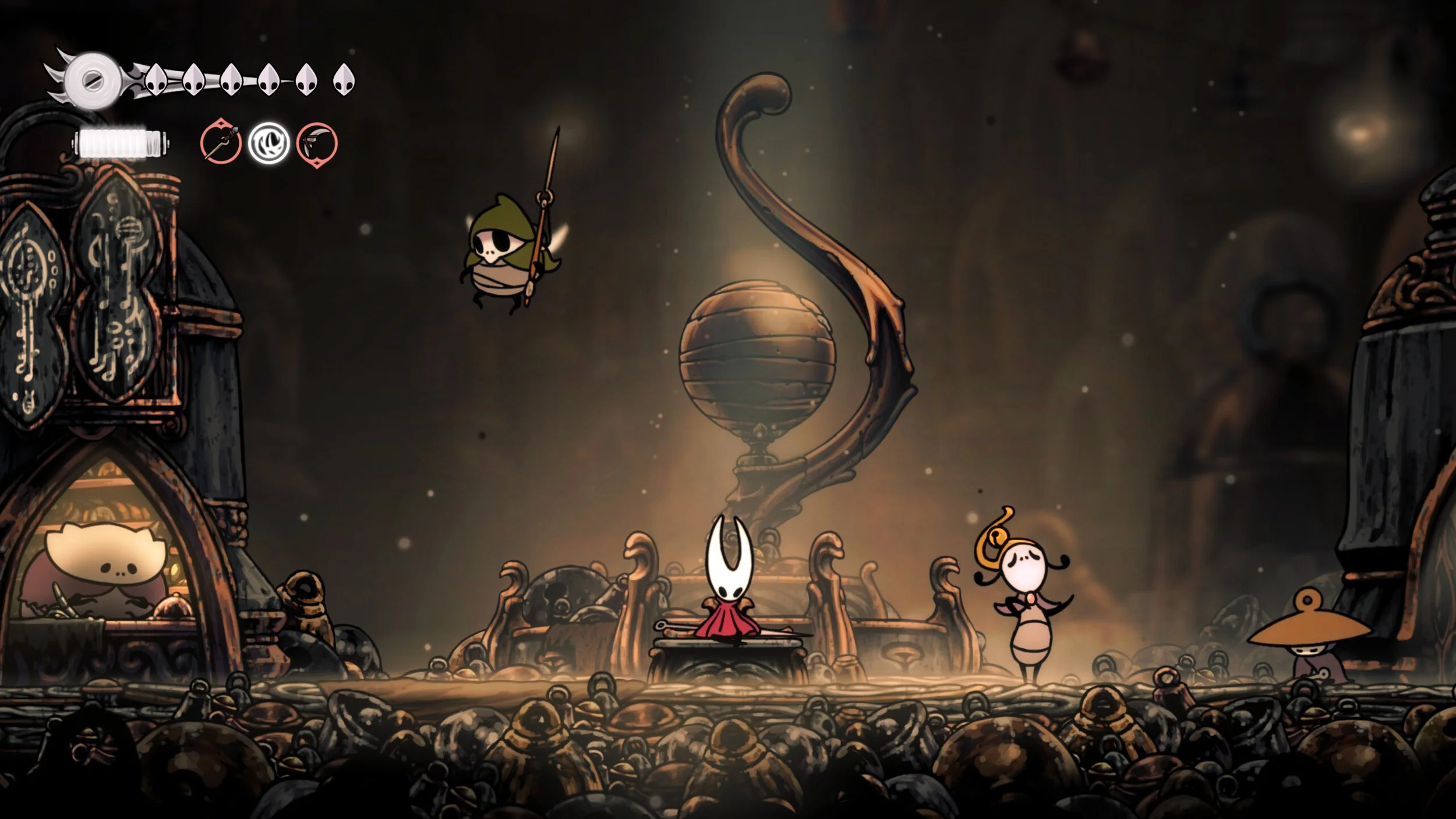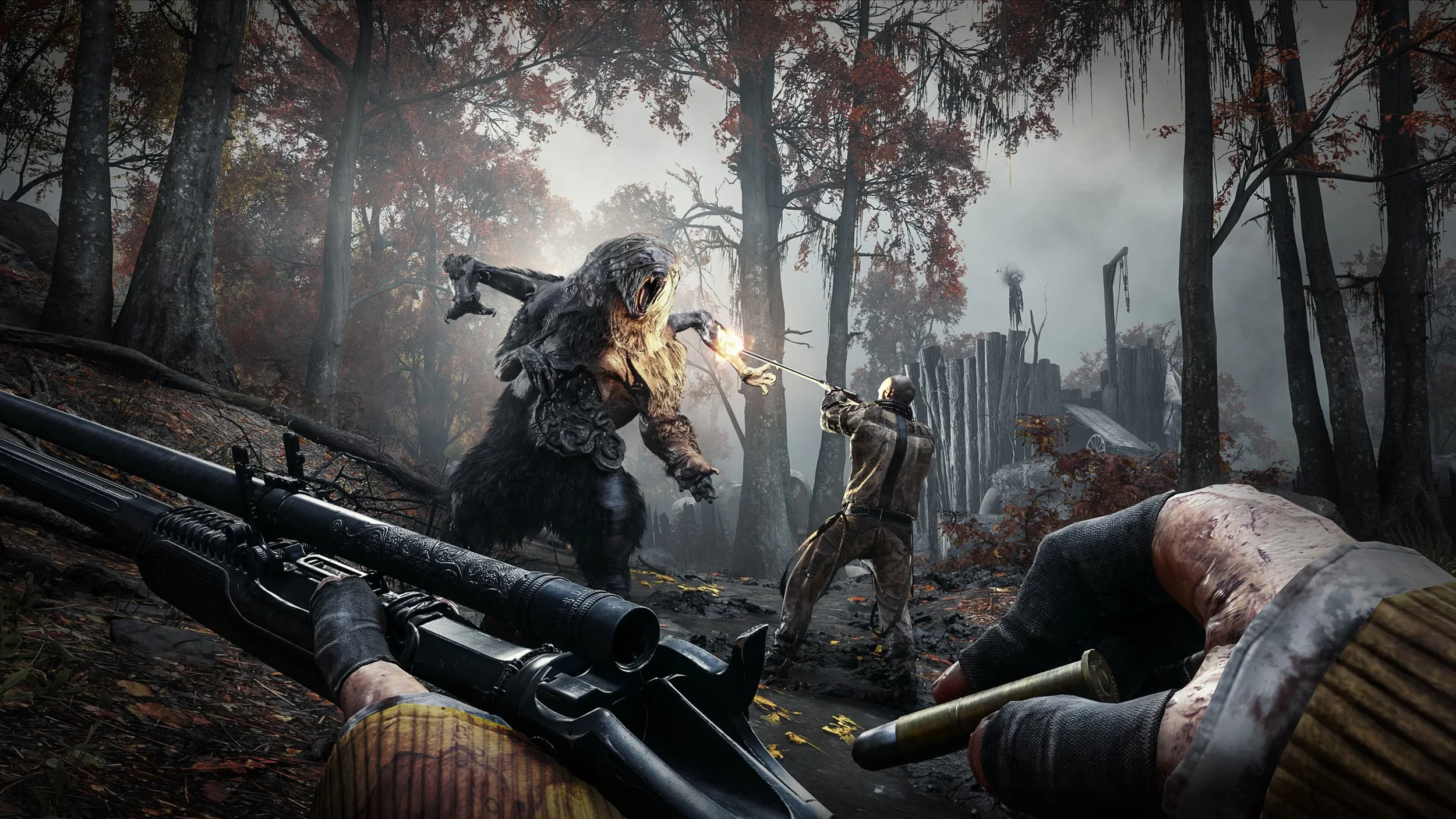Who Knows What A Borderlands 3 Announcement Even Means?
/This week, the gaming Internet went wild over the prospect of a Borderlands 3 announcement from developer Gearbox Software. It began with the release of the following teaser image:
March 28 will be when Gearbox holds its regular panel at PAX East in Boston, and I’m sorry but that can’t be anything but Borderlands 3. That has to be Borderlands 3. Otherwise fans are going to riot. It’s about as close to confirmation as one can possibly get between the cheeky double eyes emoji, the no. 3 on the exit sign and the stylized desert.
Sure, not everyone in gaming holds praise and adulation for the franchise but Borderlands 2 was such a critical and commercial success you’d think a follow up would be a given. And yet here we are seven years later. Yes, game developers have their own pace but given how often CEO Randy Pitchford has teased the future of Borderlands that third game should have been out by now.
But here’s the thing: who knows what a Borderlands 3 announcement even means? Seven years is a short time in the grand scale of things but it’s almost an eternity for a franchise. It’s just longer than most console generations and so much has happened. This console generation is presumably on its way out. THQ no longer exists. Reggie Fils-Aime left Nintendo. Bungie split from Activision.
The original Borderlands tapped into a rather novel formula – combine the joyful destruction of a first-person shooter with the addictive loot chasing cycle of Diablo. It absorbed the color coded rarities of Blizzard’s games and the campaign structure of an MMORPG. Borderlands 2 doubled down on this with a bigger world, more quests, more loot, and some wildly memorable characters.
Borderlands’ success reportedly took Gearbox Software by surprise and I think this is the key to understanding why it’s taken so long to announce a new Borderlands. In 2012, Pitchford expressed surprise that the formula – in later years to be known as the “loot shooter” or “looter shooter” – hadn’t been cloned in the years between each installment.
"I'm actually astonished that we're about to launch a sequel and no one's stole it from us," Pitchford said. "The formula's right there. No one's stolen it yet. That's weird.” We're in an industry where people do nothing but steal from each other. That's kind of interesting, isn't it? Not that I want anyone to steal it, or I'm challenging people to steal it."
These are probably words that Pitchford has regretted ever saying for since then Ubisoft and Activision proceeded to outspend 2K and Gearbox on every level imaginable to create online-only loot shooters like Destiny and Tom Clancy’s The Division intended to be engagement machines that try to entice their players with microtransactable goodies. Even EA has gotten into the action with Anthem.
“Following Pitchford on Twitter for free loot keys is such a laughable notion in hindsight, and an untenable proposition for the next Borderlands.”
So why do I dare say that no one knows what a Borderlands 3 announcement even means? Well because Gearbox’s pioneering formula has been transformed into something else entirely by companies with the power to outspend a mid-sized developer and/or even its notoriously frugal long time publishing partner, 2K Games, it becomes difficult to even imagine what to expect out of a Borderlands 3.
There’s absolutely no way the next Borderlands can just repeat the formula of its predecessor. For one thing, players following Pitchford on Twitter for free SHiFT Codes and loot keys is such a laughable notion in hindsight, and an untenable proposition for Borderlands 3. But selling those things as microtransactions will be a hard sell after games like Destiny 2 and Anthem.
Gearbox will probably also have to match the production values of current games – a thing it hasn’t done in awhile – during an age when budgets are spiraling out of control. And to get the same kind of return on investment they did with Borderlands 2, they’ll need to figure out how to engage with their player base in ways that even Ubisoft is struggling with.
But what do I know? I’m not a game developer or a publisher. But I do know this: videogames are in a very different place than they were several years ago, and Gearbox needs to be careful if they want a success comparable to the one they lucked out on so many years ago. They succeeded by pioneering a hybrid of ideas with Borderlands, and not by trying to play catch up.













Following up on the heels of the incredible Metroid Dread, Metroid Prime 4: Beyond is so far disappointing.